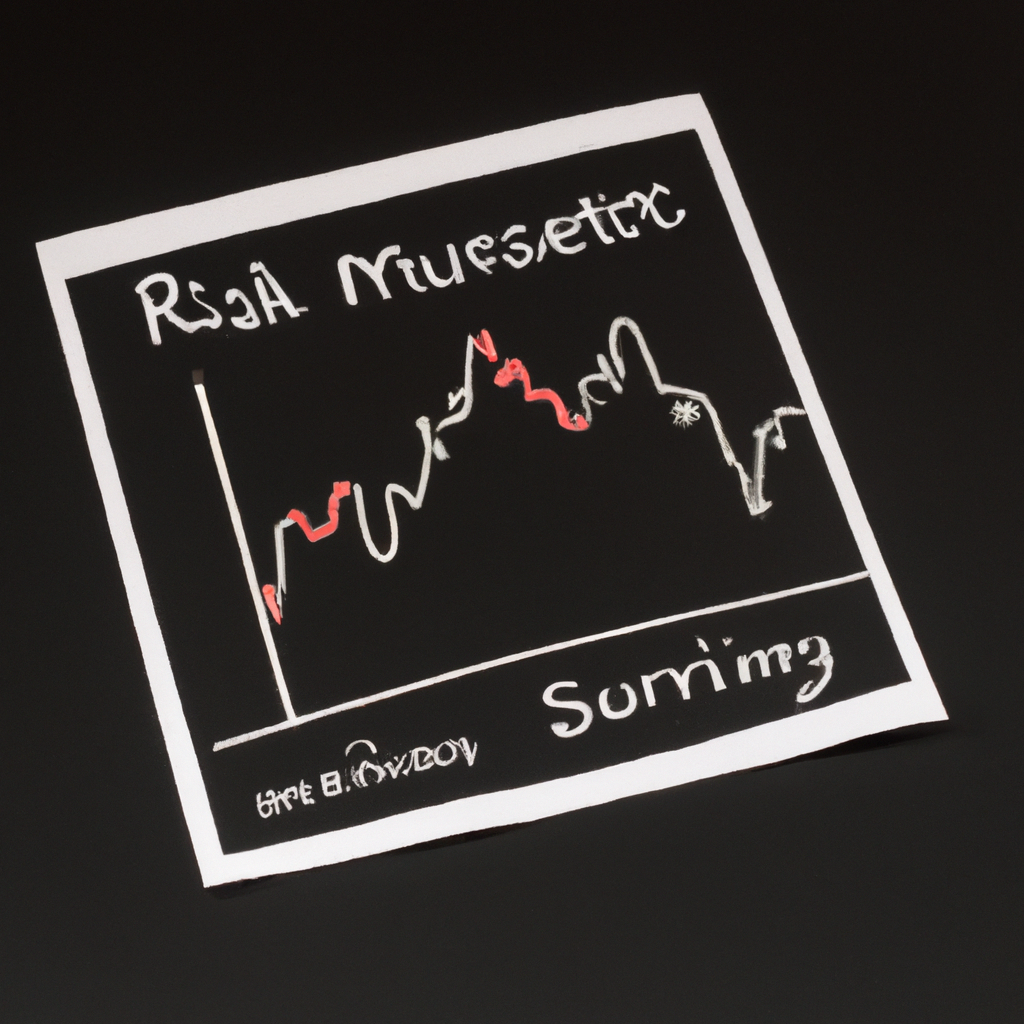Using RSI for Identifying Market Momentum
Relative Strength Index (RSI) is a popular technical indicator used by traders to identify overbought or oversold conditions in the market. However, RSI can also be used to gauge market momentum and help traders make informed decisions. In this article, we will explore how to use RSI for identifying market momentum.
Understanding RSI
RSI is a momentum oscillator that measures the speed and change of price movements. It ranges from 0 to 100 and is typically used to identify overbought or oversold conditions. A reading above 70 indicates that a stock is overbought, while a reading below 30 indicates that a stock is oversold.
Using RSI to Identify Market Momentum
While RSI is commonly used to identify overbought or oversold conditions, it can also be used to gauge market momentum. Here are a few ways to use RSI for this purpose:
- Divergence: One way to use RSI to identify market momentum is to look for divergence between price and RSI. If the price of a stock is making higher highs, but the RSI is making lower highs, it could indicate weakening momentum and a potential reversal in the market.
- RSI Trendline: Another way to gauge market momentum using RSI is to draw trendlines on the RSI indicator. If the RSI is consistently trending higher or lower, it could indicate a strong trend in the market. Conversely, if the RSI is moving sideways, it could indicate a lack of momentum.
- Overbought/Oversold Levels: While RSI is primarily used to identify overbought or oversold conditions, extreme readings above 70 or below 30 can also indicate strong momentum in the market. If the RSI remains in overbought or oversold territory for an extended period, it could signal a strong trend.
Conclusion
RSI is a versatile tool that can be used to identify market momentum in addition to overbought or oversold conditions. By understanding how to interpret RSI readings and using it in conjunction with other technical indicators, traders can gain valuable insights into market trends and make more informed trading decisions.


